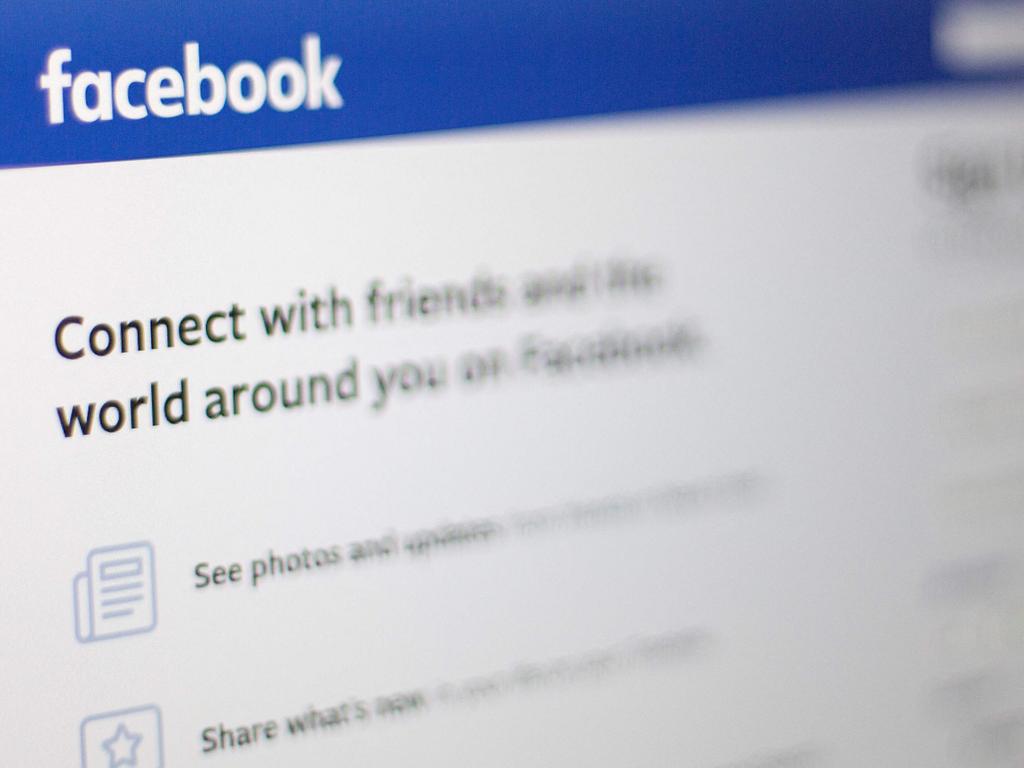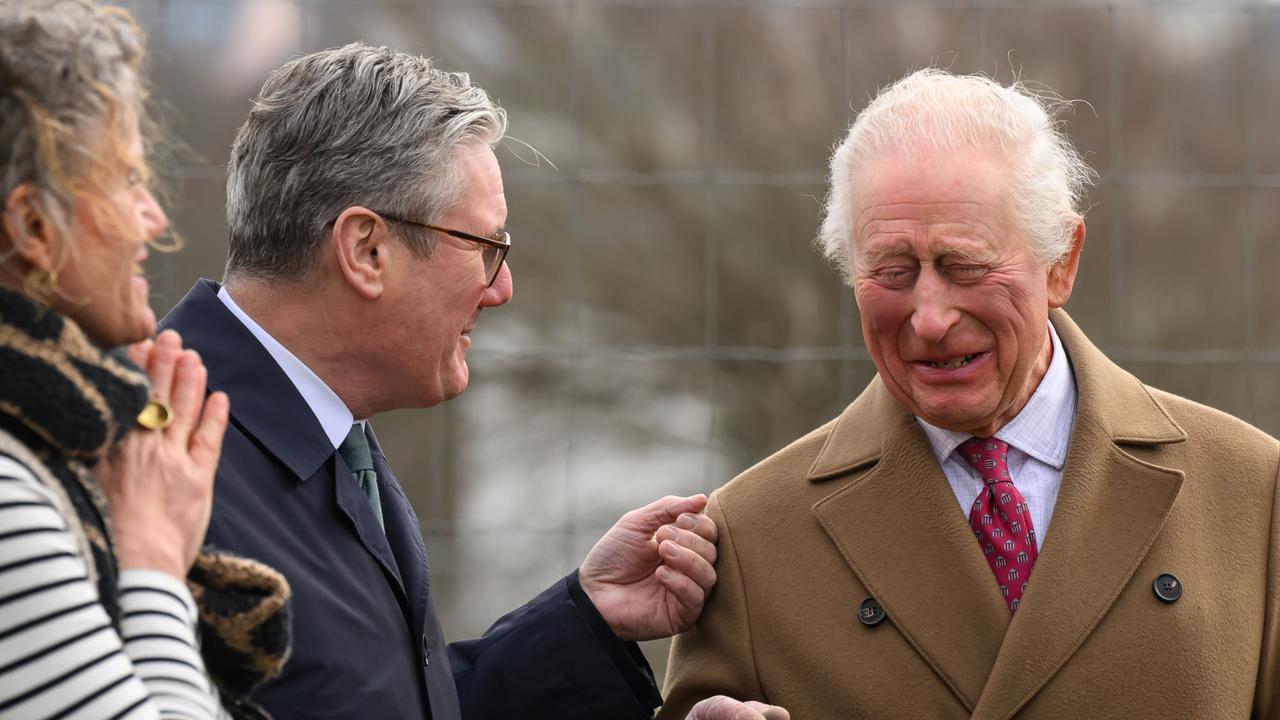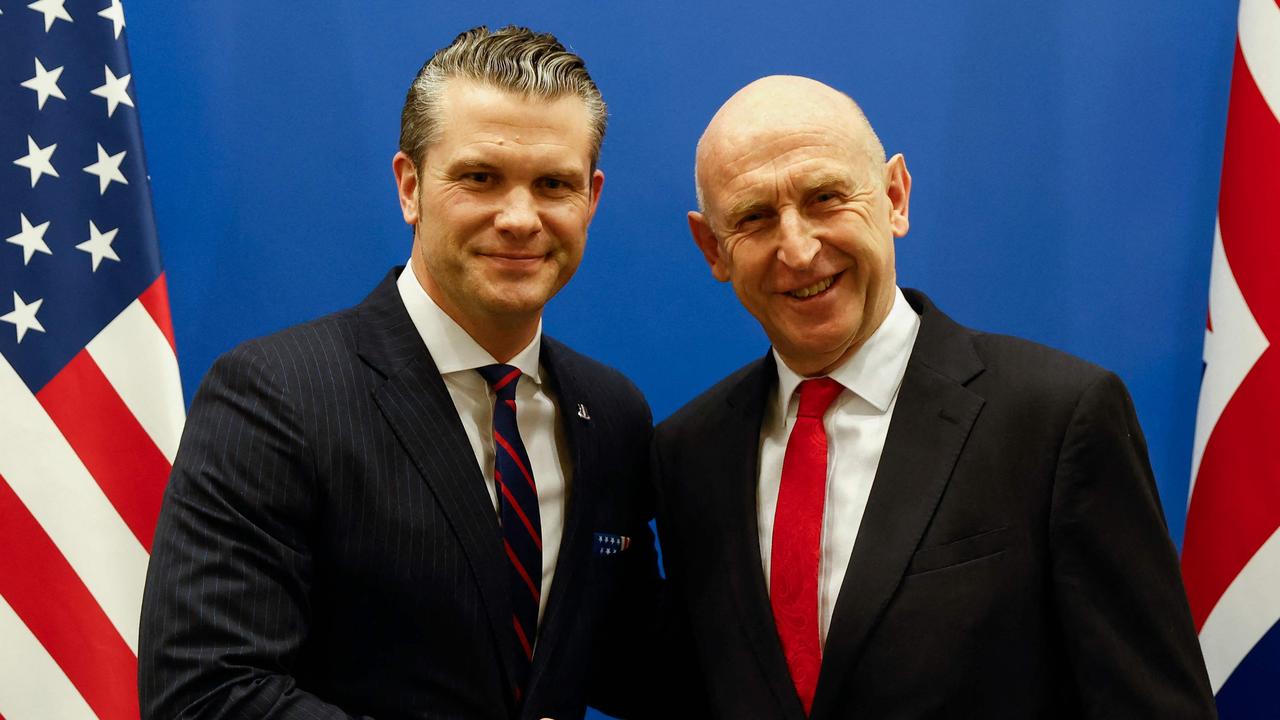World should follow Australia and get tough on Facebook
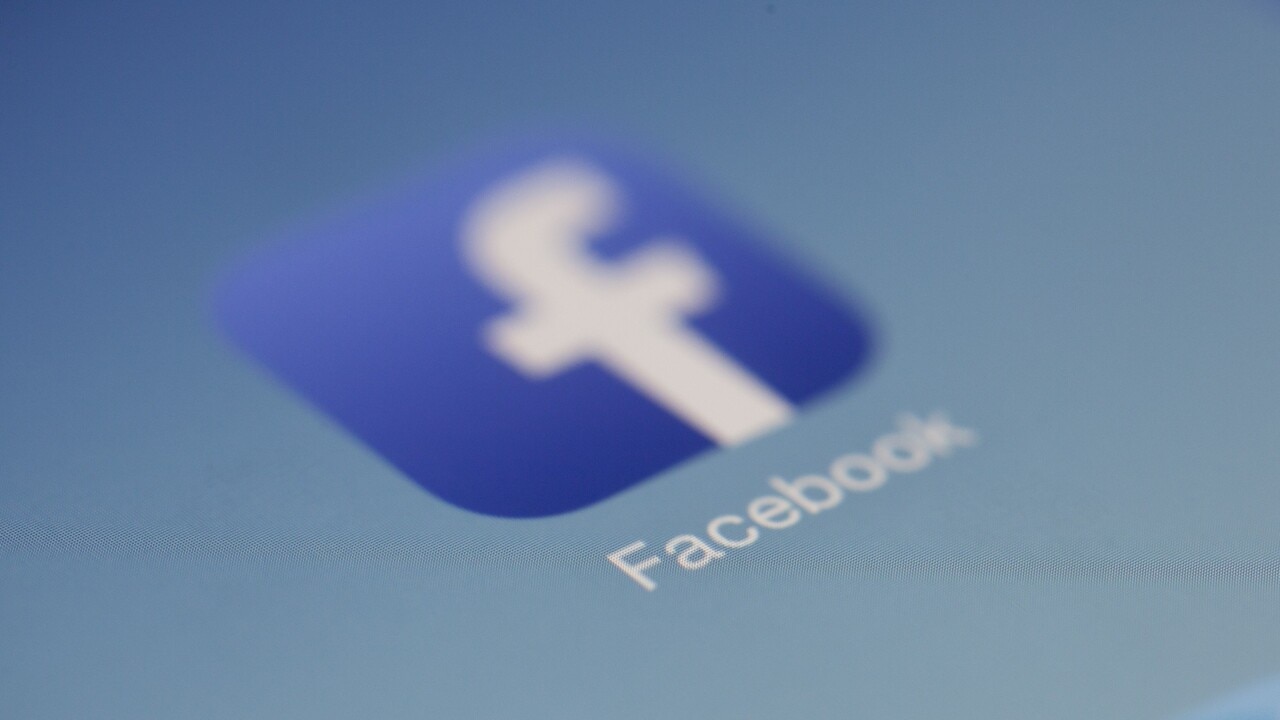
Jesus, Gandhi, Mother Teresa, Mark Zuckerberg. To listen to some of the Facebook founder’s pronouncements you would think that in 1984 a child was born in White Plains, New York, to “connect the world” and “build community” via cat memes and antivaxer propaganda. “When you give everyone a voice and give people power, the system usually ends up in a really good place.” “We’re making the world more transparent”. “There is a huge need … to get everyone in the world connected, to give everyone a voice.” In another language, that’s “ker-ching, ker-ching, ker-ching”.
For years politicians around the world have been scared to call out such hooey lest they should appear anti-progress, anti-Zeitgeist. They have cringed before Facebook’s awesome power, shaken a fist but never swung it. So bravo to Australia, which has demanded that Facebook pays media companies for the news it publishes and profits from. Facebook, which has been tortoise-like at shutting down fake news, was positively hare-like at switching off the real stuff, with an overnight purge so sweeping that it included the pages of emergency services and domestic violence charities.
You may think that Facebook’s removal of news is reasonable. If the choice was either to pay for news or not to use it, it is their right not to use it. But the petulant hastiness of this move, its shock value no doubt intended as a shot across the bows to regulators across the world, underlined once again that, as the Australian prime minister, Scott Morrison, said, big tech companies think “they are bigger than governments and that the rules should not apply to them”.
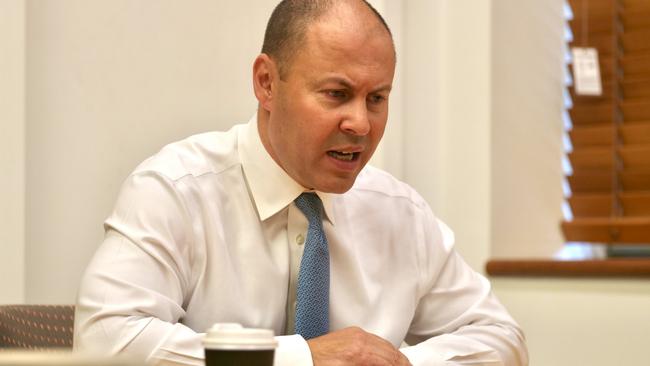
For years we have been given the impression that Emperor Zuckerberg and his team think of governments as flies to be swatted away. National tax regimes are for mortals. Invitations to appear before parliaments are a tiresome distraction to be chucked in the digital trash can. Requests from law enforcement to help with investigations are optional. Goliath is no longer big government but the guy in the grey T-shirt.
With diminishing accountability has come increasing arrogance. The sentiments emanating from Facebook suggest a company that views truth and decency as irritating impediments to profit – sorry, “progress”. In 2016 a leaked memo, swiftly condemned by Zuckerberg, revealed a power-crazed Facebook executive bragging “we believe in connecting people so deeply that anything that allows us to connect more people more often is de facto good … Maybe [that] costs a life by exposing someone to bullies. Maybe someone dies in a terrorist attack co-ordinated on our tools.” What insouciance, what influence! What a toxic combination.
We saw it again recently with Facebook’s chief operating officer Sheryl Sandberg’s brazen denial of the part that the network played in connecting the mob that descended on the US Capitol on January 6. While Twitter’s head of policy had the humility to admit they should have shut down QAnon-promoting posts more aggressively, Sandberg tried to wash Facebook’s hands clean. The protests “were largely organised on platforms that don’t have our abilities to stop hate”, she claimed.

This bears little relation to the facts. Five months before the riots, internal data scientists were warning that 70 per cent of the 100 most active US civic Facebook groups were rife with hate speech and misinformation. Tens of thousands of people openly plotted on Facebook, with slogans like “By Bullet or Ballot, Restoration of the Republic is Coming”. In charging documents filed by the US Justice Department against the rioters, Facebook is referenced dozens of times, more than all the other social networks put together. Still, who cares, right? Who’s going to hold them to account?
There was similar arrogance on display last month when Facebook’s head of global policy management, Monika Bickert, stated in a matter-of-fact manner that once end-to-end encryption was introduced across its messaging products, she “would expect the numbers [of child abuse cases that Facebook is able to report] to come down … if it’s content we cannot see then it’s content we cannot report”. Of the 69 million child sexual abuse images reported to police in the US last year, 94 per cent came from Facebook services. In Britain the company reports about 3,000 at-risk children to the National Crime Agency each year.
The implications of Facebook’s “tilt to privacy”, as Zuckerberg puts it, are horrifying. Privacy campaigners argue that having access to encrypted spaces in the digital world is akin to a fundamental human right, despite that in the real world private spaces beyond the reach of a police warrant would be unthinkable. But again, who can hold Facebook to account?
Countries like Britain have been supine as Facebook acts outrageously, allowing the proliferation of hate online, stirring division with its attention-seeking algorithms, denying law enforcement vital information, making money as a publisher but taking none of the responsibility. When the government does take action, it is weak; the Cambridge Analytica scandal, involving the illicit harvesting of 87 million users’ data, cost Facebook just £500,000.
The humbling of governments has belittled us all; Zuckerberg might rhapsodise about a world where even ordinary Joes have a voice, but in democracies we have that voice in our vote. By scorning the reach of governments, big tech is not standing up for the little people but trampling all over us. Dispiritingly, all this has seemed inevitable, just the way the winds blow in the 21st century.
This is why the Australian move is so significant. It feels like the first stone David lobbed at Goliath, for now that a government has squared up to Facebook it may begin to expose the emptiness behind the mightiness; how little we really need it. Australians can get their news elsewhere, indeed may even pay for it directly. Those disgruntled at the bully-boy tactics of Facebook may explore other means of staying in touch with friends; after the blackout Twitter was ablaze with calls to #boycottzuckerberg.
Britain should follow Australia’s lead in showing who sets the rules. The Online Safety Bill, due to come before parliament this year, with its proposal for £18 million fines for firms that break the rules, is a decent start. Next, MPs might explore taking action similar to our friends down under. Canada has already indicated that it could emulate Australia in requiring Facebook and Google to pay news outlets whose links drive activity on their products. The minister crafting the legislation reckons that “soon we will have five, ten, fifteen countries adopting similar rules”.
Countries of the world, unite! George Soros, who has long warned against the Facebook menace, once said it had “neither the will nor the inclination to protect society against the consequences of its actions”. Time and again these words have proved true. If Facebook will not use its own power wisely, it is long past time that governments curbed it.
The Times



